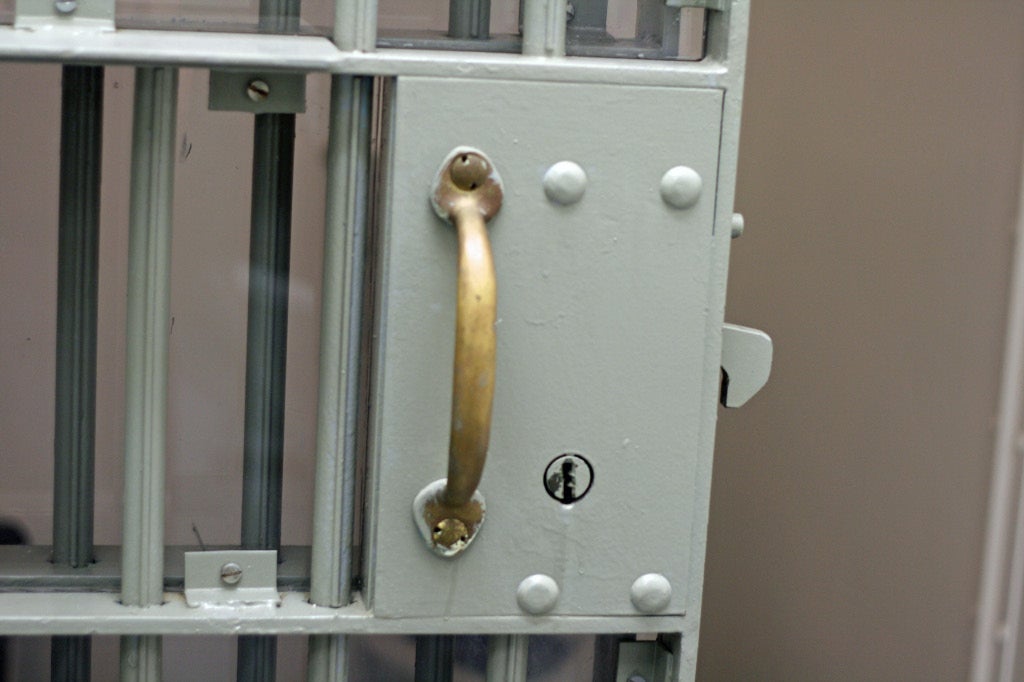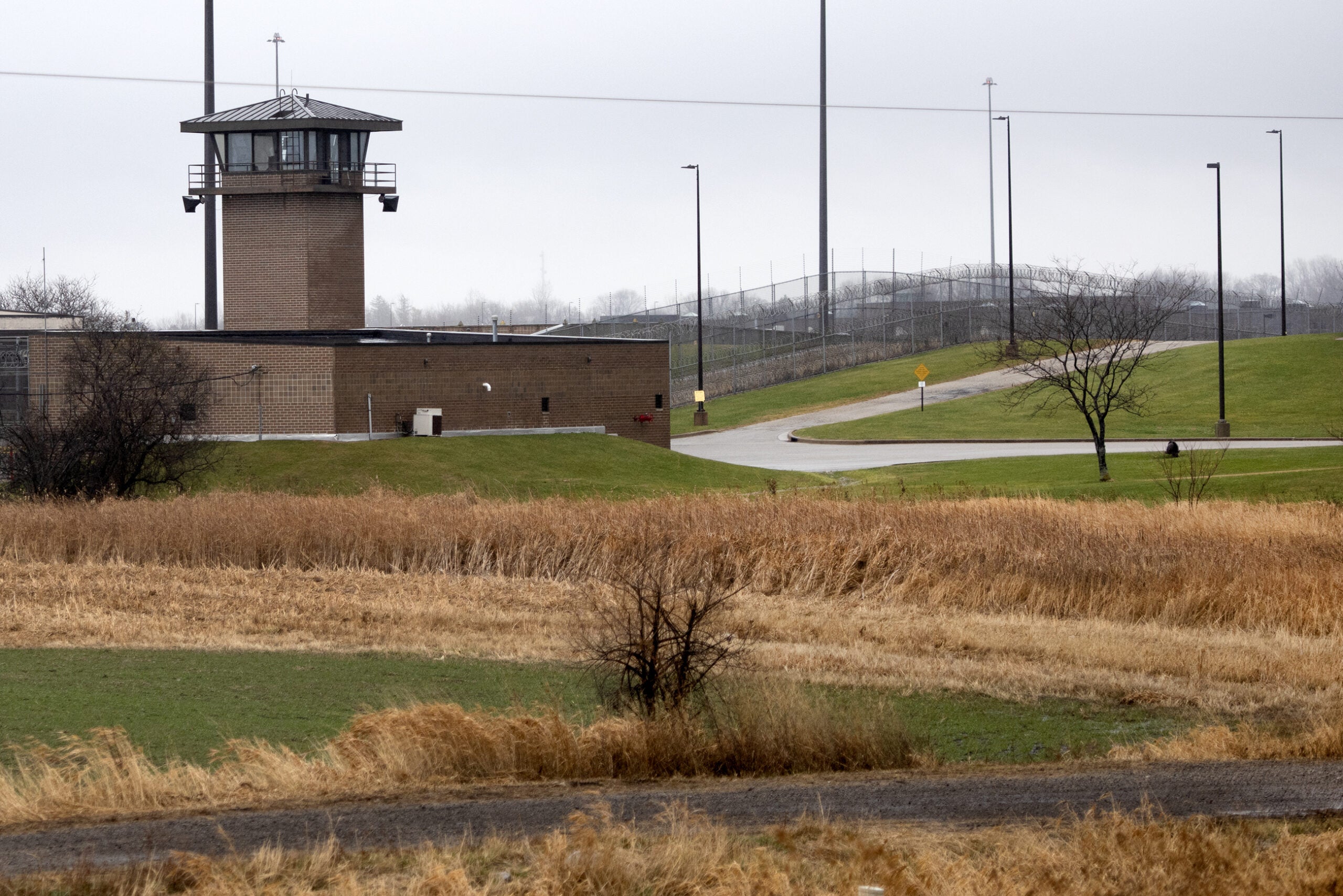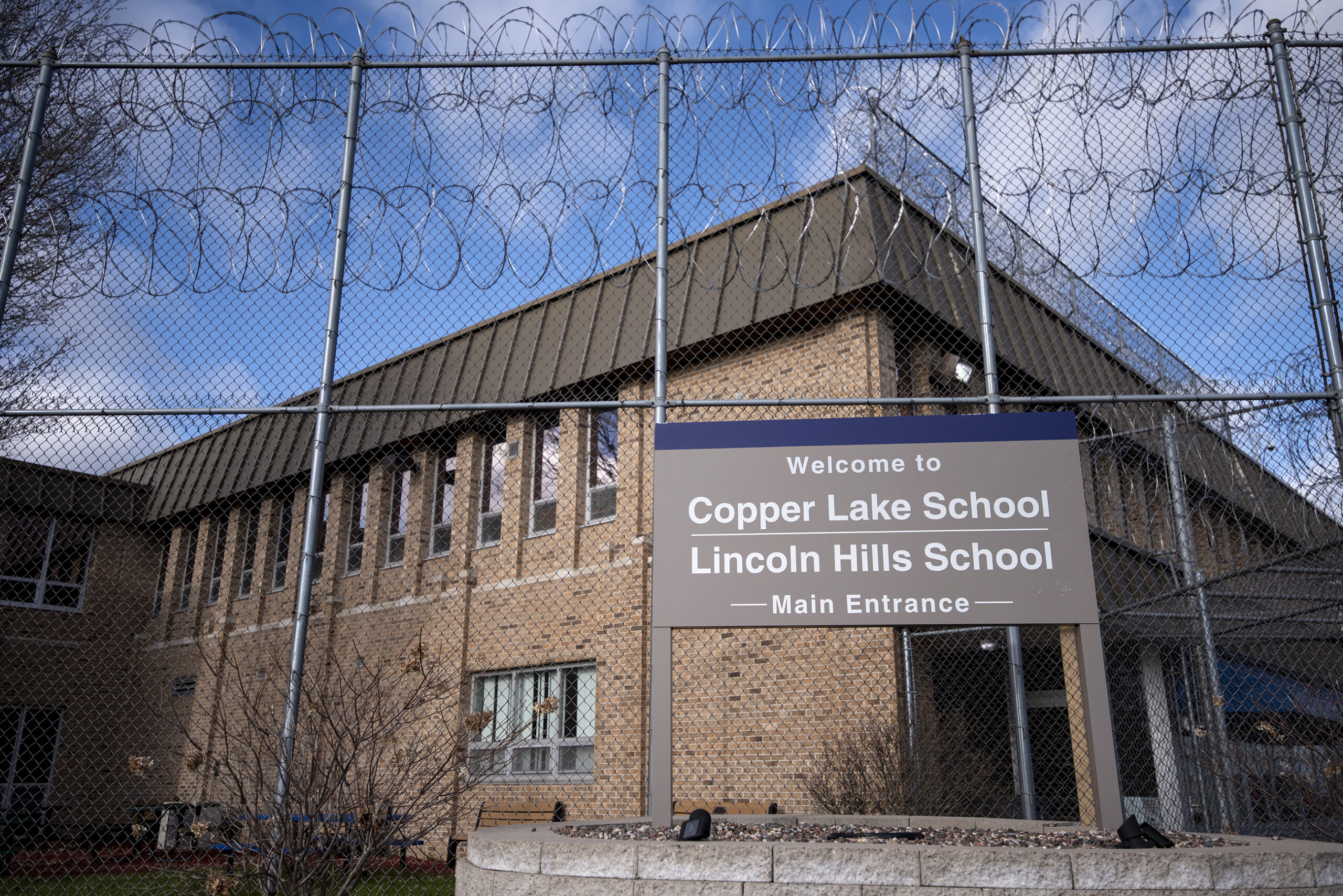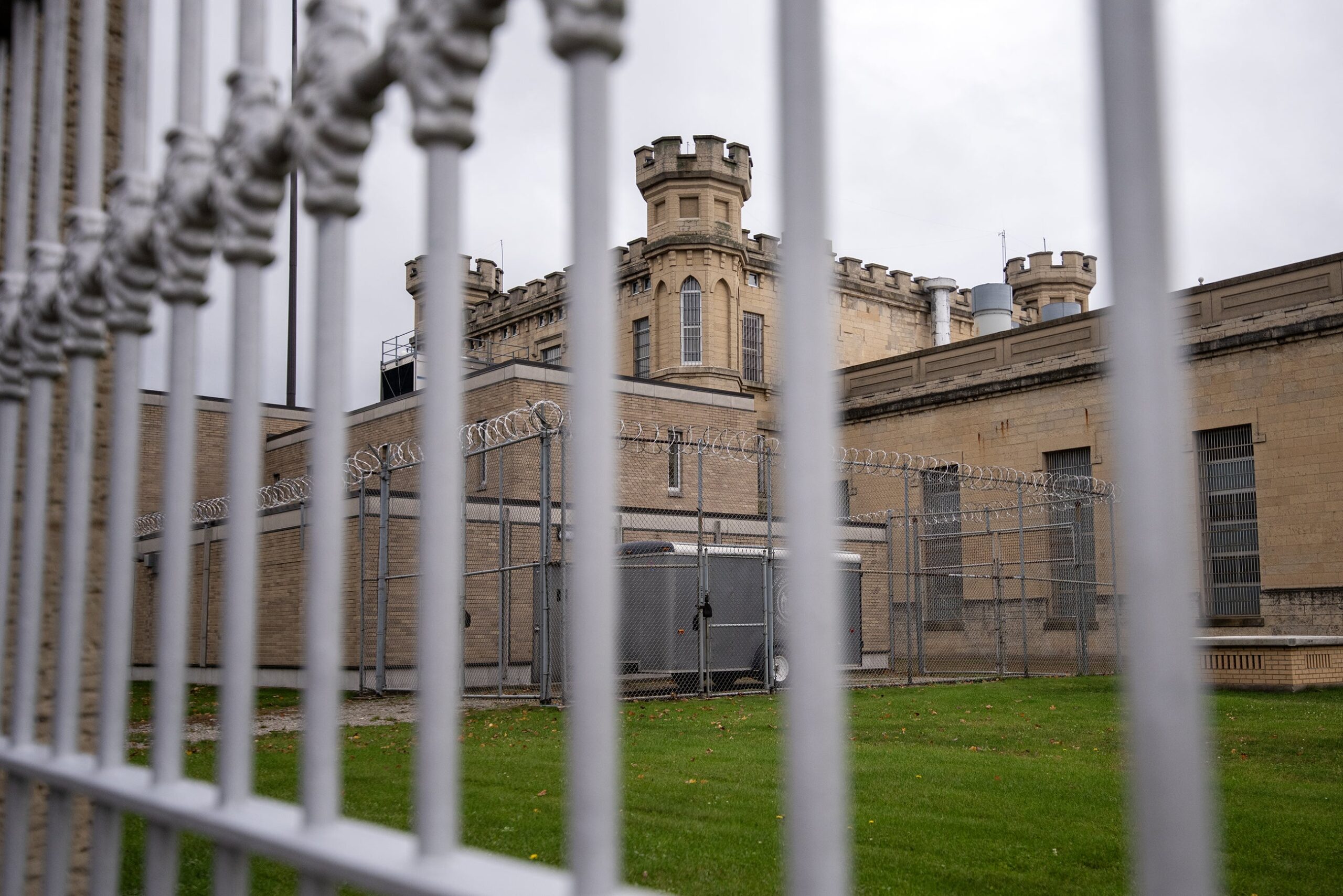Activists say nine Wisconsin prisoners began a hunger strike this week against indefinite solitary confinement inside the state’s prisons.
The Incarcerated Workers Organizing Committee is asking Gov. Tony Evers to make good on a campaign promise to reform the state’s prison system, including ending solitary confinement.
Evers spokeswoman Melissa Baldauff said the governor is less than three months into a four-year term and is already making good on his commitment to reform the state’s criminal justice system.
News with a little more humanity
WPR’s “Wisconsin Today” newsletter keeps you connected to the state you love without feeling overwhelmed. No paywall. No agenda. No corporate filter.
“The governor is spending millions of dollars to address the prison population in his first budget — the way we are doing it is by making sure fewer people are incarcerated in the first place,” Baldauff said in a written statement. “That includes significant investments in Treatment and Diversion, expansion of nonviolent offender diversion programs, community policing, wraparound services, and early interventions. We’re also helping reduce recidivism through substantial investments in reentry programs that provide essential job training and skills development for returning citizens.”
But Jacob Glicklich, with the incarcerated workers group, said until a person spends time in solitary confinement, they can’t grasp how mentally and physically damaging it is.
“It’s difficult for people who have not spent months or years in those spaces to have a grasp,” Glicklich said. “But there have been countless studies how mentally devastating and how damaging long-term consequences can have.”
In 2011, a United Nations expert on torture called on all countries to ban solitary confinement of prisoners except in very exceptional circumstances and for as short of time as possible. The UN expert said absolute prohibition should be made in cases of juveniles and people with mental disabilities.
The Wisconsin group is asking for a complete abolishment of solitary confinement for juvenile facilities and a reduction of solitary confinement at adult prisons.
The group would like a six-month cap on confinement for non-violent cases and a one-year maximum for prisoners presenting a risk of serious harm.
A 2018 study co-authored by the Liman Center for Public Interest Center at Yale University and the State Association of Correctional Administrators, found nearly 2,000 offenders nationwide were being held in segregation for more than six years. That same study found of the 22,589 Wisconsin prisoners reported, 713 inmates were in solitary confinement.
One of the nine prisoners currently striking is Cesar DeLeon, an inmate at the Racine Correctional Institution. DeLeon was convicted in 2001 of armed robbery and kidnapping charges. He has been in solitary confinement for five years after stabbing a staff member at the Columbia Correctional Institution in 2014.
In 2016, DeLeon was part of a group of inmates at Waupun Correctional Institution to refuse food to end indefinite solitary confinement.
DeLeon wrote a letter to Glicklich dated Jan. 20, 2017, saying after striking for seven and a half months, he was too weak to continue the “Dying to Live” campaign.
“Prisoners and the public in general lost interest in the struggle against solitary confinement,” DeLeon wrote.
His letter goes on to say prisoners in solidary confinement were considering cutting themselves as a way to protest solitary confinement.
DeLeon wrote another letter to Glicklick date Dec. 31 suggesting this hunger strike.
Clare Hendricks, a spokeswoman with the Department of Corrections, said she believes DeLeon is the only inmate on a hunger strike and no other inmates are planning to join him at this time. Staff at the Racine Correctional Institution have warned DeLeon about the dangers of not eating or drinking, Hendricks said.
Wisconsin Public Radio, © Copyright 2025, Board of Regents of the University of Wisconsin System and Wisconsin Educational Communications Board.






